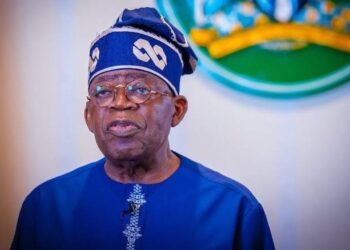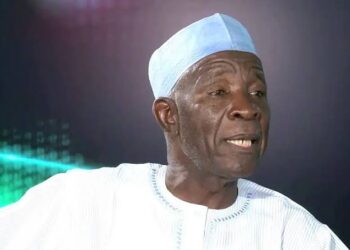President Bola Tinubu has reaffirmed his administration’s commitment to tackling terrorism and banditry in Northern Nigeria, emphasizing that no region would be allowed to endure insecurity unchecked. The President delivered the message on Saturday during the 25th anniversary of the Arewa Consultative Forum (ACF) in Kaduna, where he was represented by House of Representatives Speaker Tajudeen Abbas.
Addressing delegates, Tinubu acknowledged inheriting a daunting security landscape, marked by persistent insurgency, banditry, and communal violence across the North. He underscored his administration’s resolve to restore safety and stability, stressing that the government would take proactive steps to ensure communities are protected.
Beyond security, Tinubu outlined plans to stimulate economic growth in the region, which he described as having experienced prolonged decline. He pointed to the upcoming crude oil production from the Kolmani fields and other emerging economic opportunities as potential drivers for development, signaling an integrated approach linking security improvements with economic revitalization.
“I won’t allow Northern Nigeria to continue to bleed. I will tame the insecurity menace,” Tinubu declared, highlighting both urgency and determination. Analysts note that the remarks come at a time when security remains a central political and social concern, with the North experiencing recurring attacks that have strained local governance and regional development.
The President’s statement also resonates with broader federal objectives of combining security interventions with economic incentives, a strategy that political observers say may influence both public confidence and investor sentiment in the region. The coming months will test the administration’s capacity to translate these commitments into measurable outcomes on the ground.
By engaging with the ACF, a key Northern political and socio-cultural institution, the administration appears to be seeking both consultative legitimacy and strategic partnership in addressing regional challenges, while signaling to constituents and political stakeholders that Northern concerns remain central to national policy agendas.



































